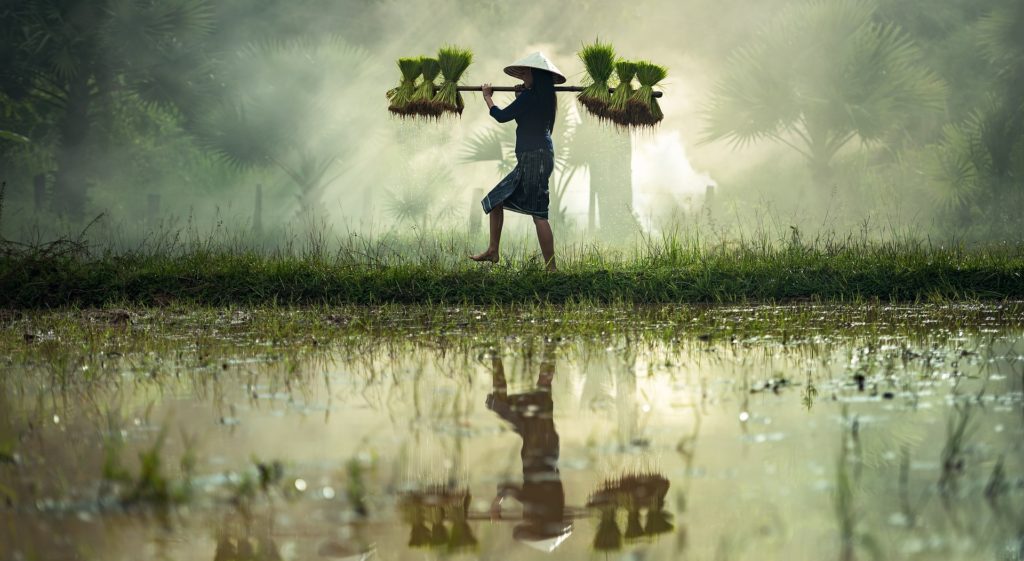About the WE4F challenge
Water and Energy for Food (WE4F) is an initiative by the Swedish International Development Agency (Sida), USAID, Germany, the EU Commission, and the Netherlands.
WE4F hopes to expand the scale of innovations that impact the sectors of food and water, food and energy or all three sectors of the nexus (food, water, energy) to increase the sustainability of agricultural food value chains, improving energy and water efficiency as well as to improve climate-resilient agriculture and sustainable management of natural resources and biodiversity in developing countries and emerging markets, with a particular focus on the poor and women.
To achieve this goal, the effort must include partners from the private sector, NGOs, other research institutions, and other donors who share the common goal of increasing food production through sustainable water and energy usage. A key consideration of this effort is to ensure that feedback loops are created that integrate local conditions and new knowledge into both national and international policy and decision-making as well as to integrate capacity development, knowledge management and financial and non-financial instruments in a smart way to create an enabling environment in the partner countries.
The initiative is looking for innovators who can use WE4F funding as a catalyst to (for example) buy down the risk of entering new markets; attract partners who can help bring innovation to a sustainable scale; expand to wide-scale adoption of innovation; and attract private capital. If you have a product or business model that you would pitch to an investor, we want you to apply to WE4F. If you have a great idea for a development project, WE4F is probably not the right vehicle for you.
Currently, the Water and Energy for Food (WE4F) calls for innovations in two regions together:
- the Middle East and North Africa (MENA) region
- the South and Southeast Asia (SSEA) region
What is at stake in the MENA-region?
The MENA region is subject to a plethora of challenges, including population growth, resource scarcity, water stress, gender inequality, and a high risk for conflict and displacement – all of this in addition to unsustainable agricultural and industrial practices that lead to deteriorating environments, biodiversity, and ecosystems. This call is designed to support innovations that enable the production of more food with more efficient and sustainable usage of water and energy along the food value chain from farming to end-user, to achieve food security, environmental sustainability, gender equality, poverty reduction, and political and social stability in the region.
MENA: Read more about the call here
What is at stake in the SSEA-region?
The SSEA region has seen remarkable economic growth in the past two decades, leading to a projected decrease of 13 million undernourished people between 2015 and 2024. However, this progress is not uniformly spread over the region; as of 2015, around 60 million people remained malnourished and poverty rates in several countries exceeded 40 percent. Meanwhile, food production often involves traditional or intensive energy and water uses that exacerbate climate change, depletion of natural resources and biodiversity loss. In order to address these issues, enterprises have already developed a bevy of approaches and technologies for climate-friendly, water- and energy-efficient agricultural processes.
These innovators, however, often have insufficient entrepreneurial capacities to successfully and sustainably scale up developed prototypes, access catalytic investment, integrate gender, poverty and environmental considerations into their operations, or engage with policy and regulation environments. Through support for innovations, WE4F expects to target poor women and men smallholder farmers and others working in all parts of the agriculture value chain.
